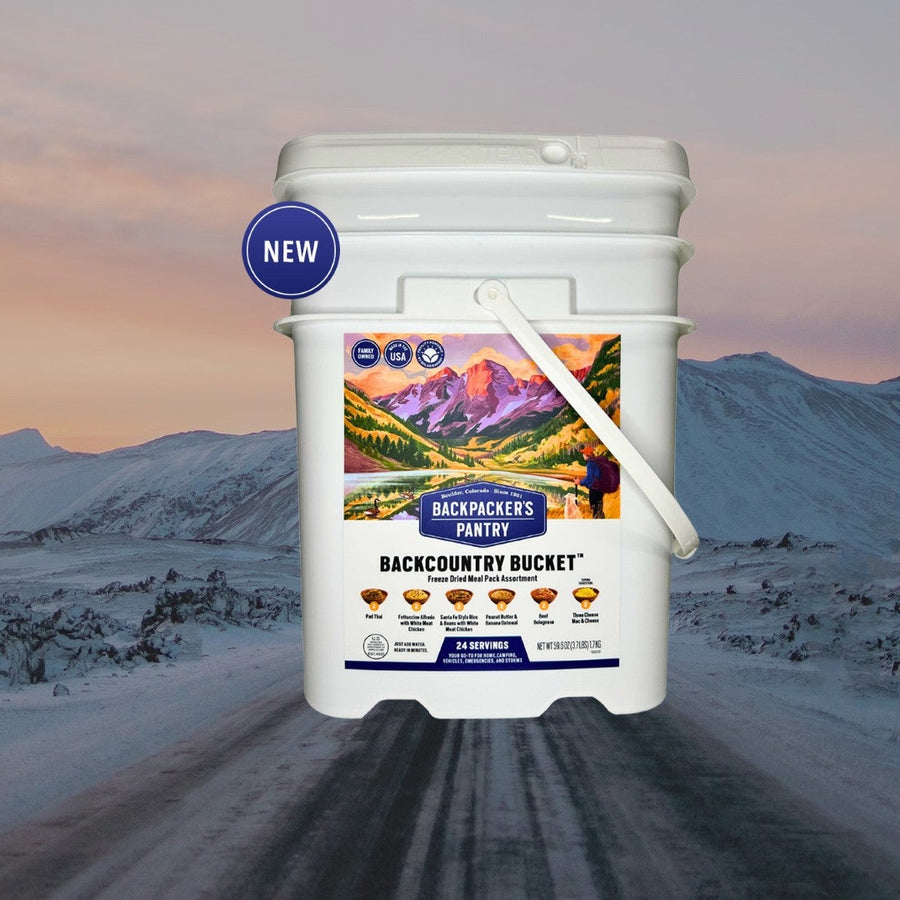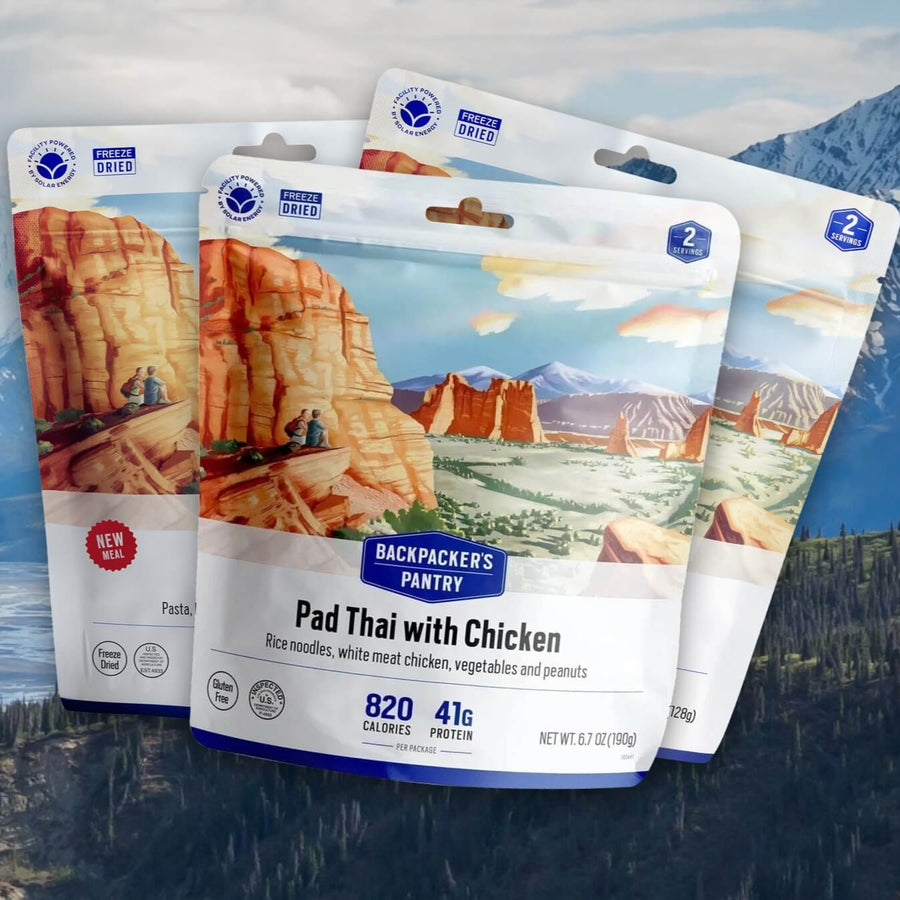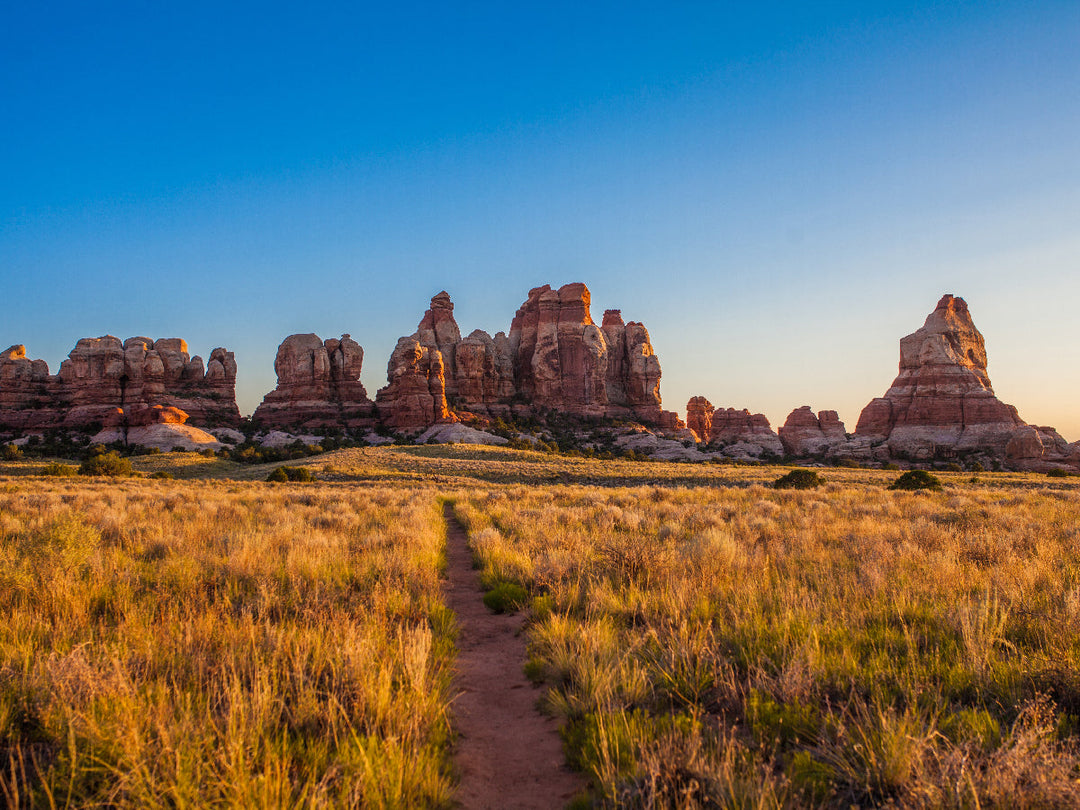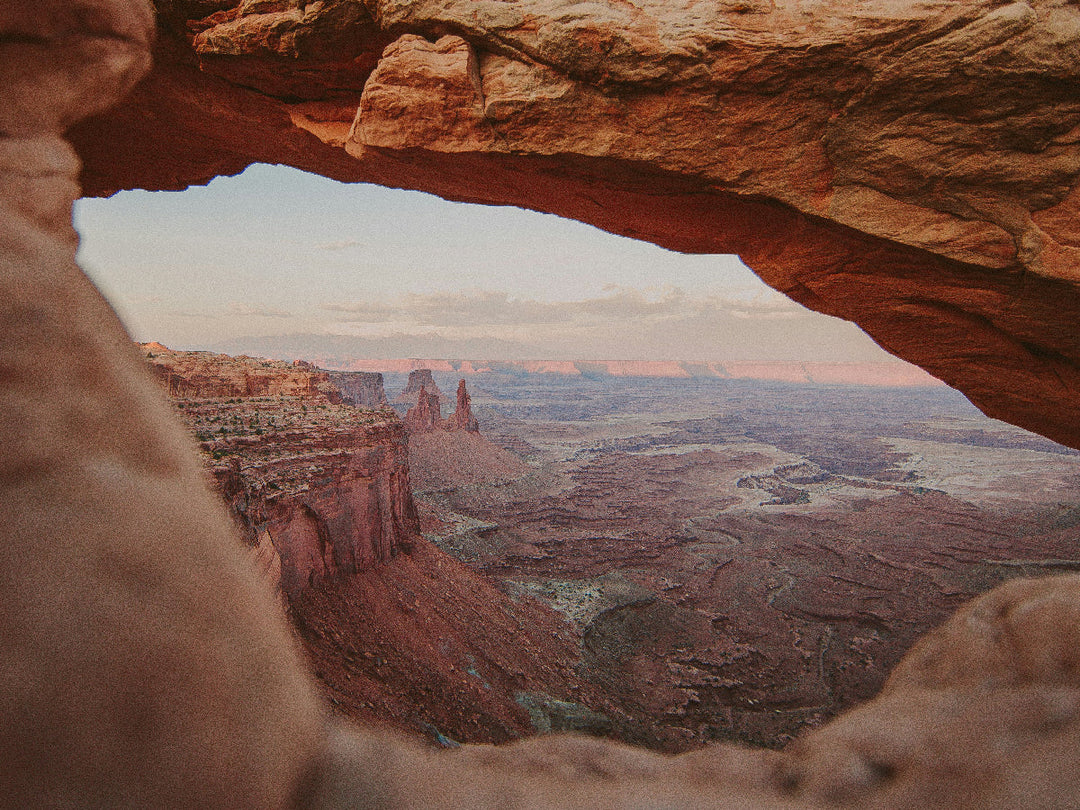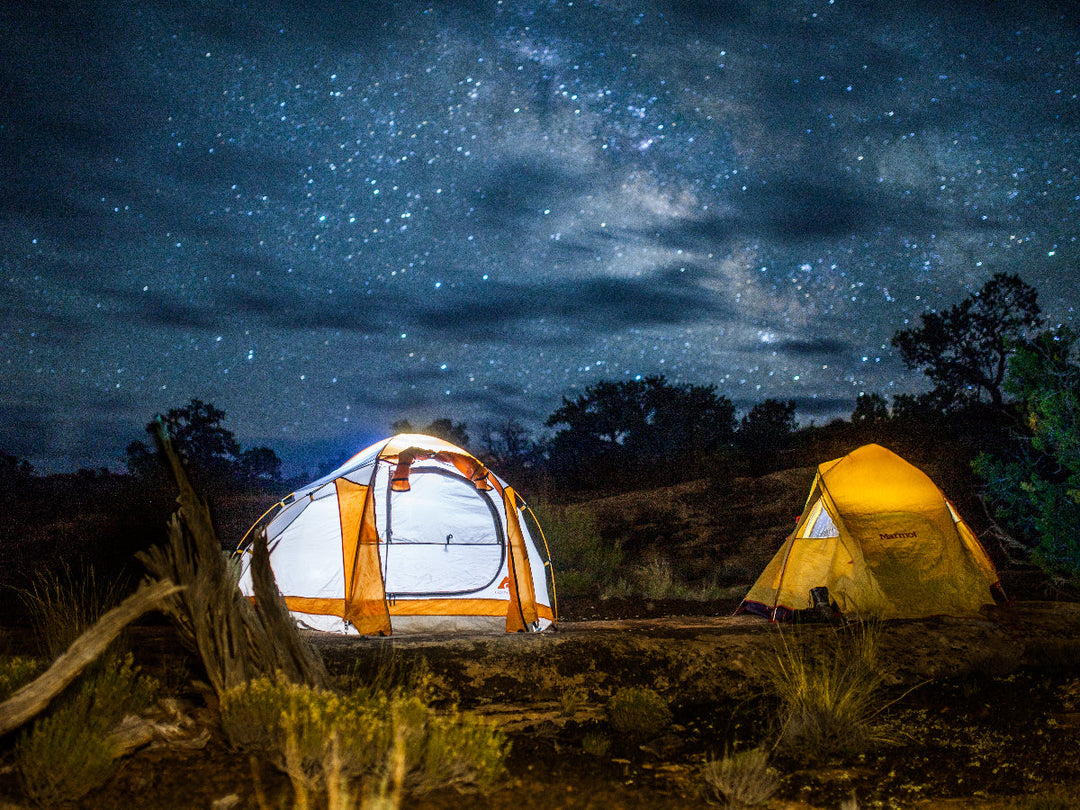Restoring The Narrative In The World of Hunting

Will Jenkin’s Perspective On Conservation, Inclusivity, and Diversity in the Hunting Community

Will Jenkins is the owner, founder, and managing editor of The Will To Hunt blog, which he created to share his thoughts and experiences around hunting, the outdoors, and conservation. In addition to writing, Will was a founding board member of the Minnesota BHA, a current board member of Hunters of Color, and is an active volunteer for many other conservation groups, such as Save The Boundary Waters. Will does all of this in his spare time when he is not working fulltime as a Senior Client Manager for a digital software company.
Hunting is not just a pastime for Will, but a lifestyle; one that incorporates advocacy for the land, water conservation and management, wildlife protection, and pushing inclusivity and diversity in the hunting and angling community. We sat down with Will to understand his perspective about hunting, how he is helping to change the narrative, and why he urges others to get involved.
Will’s Introduction To Hunting
Will was born and raised in Central Virginia, where he mostly hunted whitetails and turkey with his family. Hunting was a family tradition and a bonding activity. But it was in his young twenties that Will developed a deep passion for the outdoors after discovering bowhunting and taking a trip for trout and turkey to Highland WMA in the Virginia mountains. After moving to the Midwest, his love for the land and deer hunting was further cemented. Today, Will likes to go upland bird hunting with his bird dog, Odin, a German Wire-Haried Pointer. He loves that bird hunting “is active; you can easily go with a group of people, and the food is easier than big game.”
But it’s his style of hunting and the way that he approaches the “sport” that captivates us. For Will, hunting is so much more than the pursuit or killing of game. Will prefers to bow hunt for this very reason, as he told us that he appreciates the level of skill and focus required to be successful in archery hunting. With archery hunting, Will says, “you really have to understand seasonality, deer habitat, how the animals utilize food and water, what times of day they will be there, and the mating season. You really have to pay attention.” This hunting style is more intimate and allows for a fair chase -- an ethical approach to hunting big game animals. While a successful hunt is a satisfying feat, it’s never guaranteed. That’s why the experience of being out in the backcountry and connecting with the land is of most importance to Will and many hunters.

As an experienced hunter, can you touch on the current narrative of hunting and why it is sometimes given a bad name?
“Back in the day, hunting didn’t have a bad name because people weren’t giving it one,” Will told us. He pointed out that President Teddy Roosevelt himself was an active hunter who set up the National Park System and spoke fondly of wild land. There wasn’t a massive divide between hunters and non-hunters like there is today.
Will went on to provide some history. In the 19th century, overhunting became quite prevalent, which led to the extinction (or near-extinction) of many species. But the very sportsmen who were causing the overhunting problem were also ones who worked hard to reverse the damages they had caused wild animals. The drastic loss of species sparked large movements for conservation. “Sport hunters themselves became activists, helping to push the dial with land, water, and wildlife conservation efforts, as they wanted to maintain wild spaces and animal populations for their own use,” Will confirmed. It was from their own mistakes that hunters became and have remained leading land and wildlife conservationists.
Today, the hunting community has gotten a bad rep, and “for a good reason,” Will said. “There are a lot of people who poach, abuse resources, leave beer cans and shells in public land... which leaves a mark on the hunting community and makes us all look bad,” he explained. While it’s easy to find the bad in the hunting community, not all hunters are irresponsible. In reality, Will would argue that most hunters are incredibly responsible and care deeply about preserving and protecting wild land and animals. Will and many of his hunting friends are the type of outdoor recreationists who carry extra trash bags with them to pick up trash in the wild. But their love for the land goes much deeper than just picking up trash. “Hunters and anglers are those footing the bill for most of our land and wildlife conservation here in America.”
How does voluntary funding in the hunting community benefit all outdoor recreationists?
“Sportsmen voluntarily pay extra tax to ensure that they take care of what they are taking from,” he explained. This came from the Pittman-Robertson Act of 1937, when sportsmen voted to put a voluntary tax on all guns and ammunition. The tax is earmarked for wildlife, habitat, and conservation. “Since its inception, the fund has reached over 14 billion dollars, which goes back to the animals and the land” and in most states, Will continued, “ license fees are earmarked directly to go towards that state's department of natural resources and management of all wildlife species, not just those that are being hunted.”
Funding also comes through conservation organizations from annual dues and donations. “Most of these organizations will work together to buy pieces of land to give to the state or federal government and fund research studies for game species,” says Will. This is incredibly important to keeping animals and ecosystems as a whole healthy and well. “People think it’s a weird obsession of killing stuff, but it’s really an obsession with preserving land and wildlife while getting to make use of both for recreation and food procurement,” Will said.

What are you personally doing to help change the narrative about hunting and keep the community alive?
“30% of hunters are over the age of 55. The age bracket replacement is significantly less. Without hunters, we lose conservation dollars, voluntary organizations lose funding, and land access, not to mention the impact of the ecosystem to ensure that wildlife populations of game species are sustainable from one generation to the next,” Will told us.
This is one of the reasons that Will spends his free time involved in non-profit hunting groups to help keep the community alive for future generations. One of the nonprofit conservation groups that Will is involved with is Backcountry Hunters and Anglers who focus on public land access. "Since we aren’t making more land,” Will said, “ it's important to make the land that we do have open to the public.”
Will took us on a deep dive into land ownership in America. The land surface of the United States covers 2.3 billion acres. Sixty percent (1.4 billion acres) is privately owned, 29 percent is owned by the Federal Government, 9 percent is owned by State and local governments, and 2 percent is in Tribal reservations. People tend to take a negative view of land owned by the government but in actuality, we the people, Americans, own that land. The government holds the deed on our behalf. Public land is our land, we should have access to it and it should be protected. He emphasized how the more that land is privatized, the more that only those with generational wealth can use the land. That’s why non-profits like BHA are so important, as they help fight for land access to hunt, which by default, benefits all other outdoor recreationists as well. Will showed us the BHA Annual Survey of Membership, which shows the mixed individuals who are fighting for public lands, a cross-section that Will would like modern hunting to look like.
Will is also on the board of Hunters of Color, which is a hunting non-profit group that focuses on ensuring equity, inclusion, and diversity within the outdoor space. What urged Will to get involved in this particular non-profit is that he realized there really isn’t a space created in the hunting community for anyone to join. He explained that this realization happened when he saw a tweet by Dr. Crystal Jones read, “There’s a big difference between “all are welcome” and “this was created with you in mind.” That’s why Will devotes his spare time supporting Hunters of Color to help create that safe space in the hunting community, to help others feel comfortable and welcome to try a new activity with support. As we discussed land ownership, 98% of the 1.4 billion acres that are privately owned, are owned by white people. Access to public lands is immensely important to ensuring an equitable future for hunting.
As a board member, Will’s particular role is to help Hunters of Color get organized and funded so that new hunters can have proper clothing, equipment, and educational training - all of which requires a good amount of time and money. The non-profit is taking a serious holistic approach to their work as well, even creating a curriculum for new BIPOC hunters that is specifically tailored to fit and accommodate any and all skill levels. Mentees can choose their mentors and DEI and cultural training is required for mentors to ensure that they are creating a safe space for newcomers.
A movement like Hunters of Colors is extremely important in the outdoor space and with more funding they hope to continue to grow and expand, to further solidify that safe space in the hunting community for BIPOC individuals. Will explains that organizations like Hunters of Color “sheds some light on what the hunting community is really like and that we are trying to make ourselves better.”
Lastly, Will works with Sportsmen for the Boundary Waters, a conservation group that works to protect one of the largest freshwater resources in the world. The proposed sulfide-ore copper mine by Twin Metals on the boundary could significantly impact the boundary waters if any potential catastrophe occurs, which is why conservation groups are trying to protect these wild waters. “Sportsmen and sportswomen are on the frontline of a lot of environmental issues' ' Will explained, because “with hunting you gain a different level of respect from the land. There’s a deep, emotional connection. Enjoying nature is great but participating in it helps you gain an additional level of admiration for it.”
For Will and many hunters, hunting is so much more about getting out in the outdoors and the experience. Not the kill. This is something that not a lot of people think about.

Why is hunting a good introduction to the outdoors?
“Hunting provides a unique motivation to be an outdoor enthusiast, to connect to the land, and get outside. To be successful you have to be out there often, and the more outdoor gear and tags you need, the more you are funding these conservation efforts. It’s a fulfilling activity that benefits you and the whole outdoor community,” Will said proudly. He also highlighted other benefits of people getting into hunting such as how physical exertion in the outdoors is incredibly beneficial for mental and physical health.
Can you talk about the food component of hunting, as well as what you like to eat out in the backcountry?
“Aside from connecting with the land and nature, food is my biggest driver for hunting, whether it's birds, deer, mushrooms etc.” Will explained. Most hunters are making use of the land as active participants in that environment, not to obliterate a species, but to get enough food to feed themselves and their families. If you are a meat eater, hunting is an ethical, sustainable, and health-conscious choice as opposed to factory raised meat.
But having enough food to fuel the chase is also important for hunters, as a trip can be extremely physically demanding. That’s why Will enjoys Backpacker’s Pantry in the backcountry. “Backpacker’s Pantry tastes like something I would eat if I weren’t in the backcountry,” Will told us. He went on to say how a lot of Backpacker’s Pantry dishes work well with wild game added in. “If I have a successful hunt, I can heat up the Pasta Primavera, slice up whatever I’ve been lucky enough to kill and throw it over a fire at camp and it’s done about the time the pasta is cooking and I can toss it right in the meal”. He continued to say how easy it is to augment Backpacker’s Pantry meals with fresh game because of the herbs and spices that give such a “wonderful flavor.” We hope this creative BP food hack inspires other hunters to enjoy their catch in a more wholesome, rewarding way out in the backcountry.
--
To read more about Will and his hunting advice checkout his blog The Will To Hunt.
Shop lightweight, freeze-dried breakfast and entrees for hunting trips.
